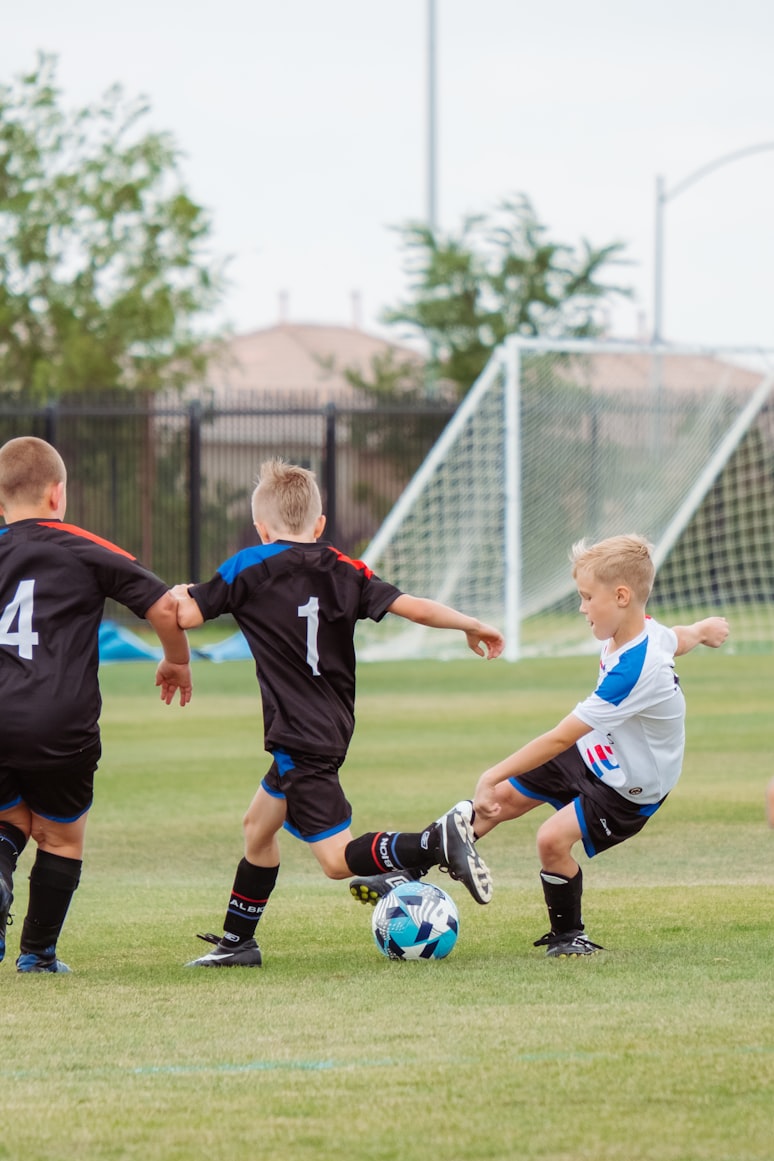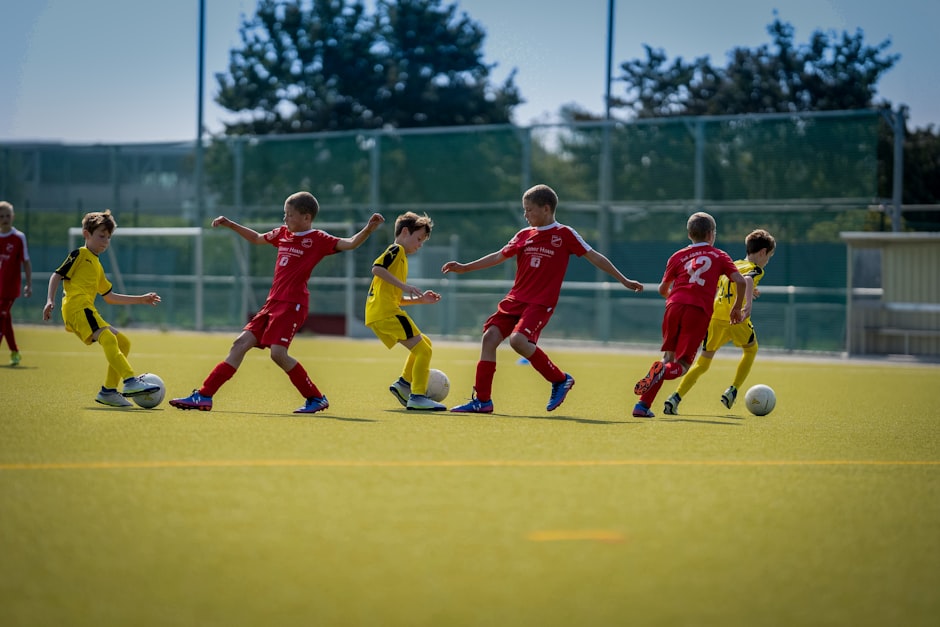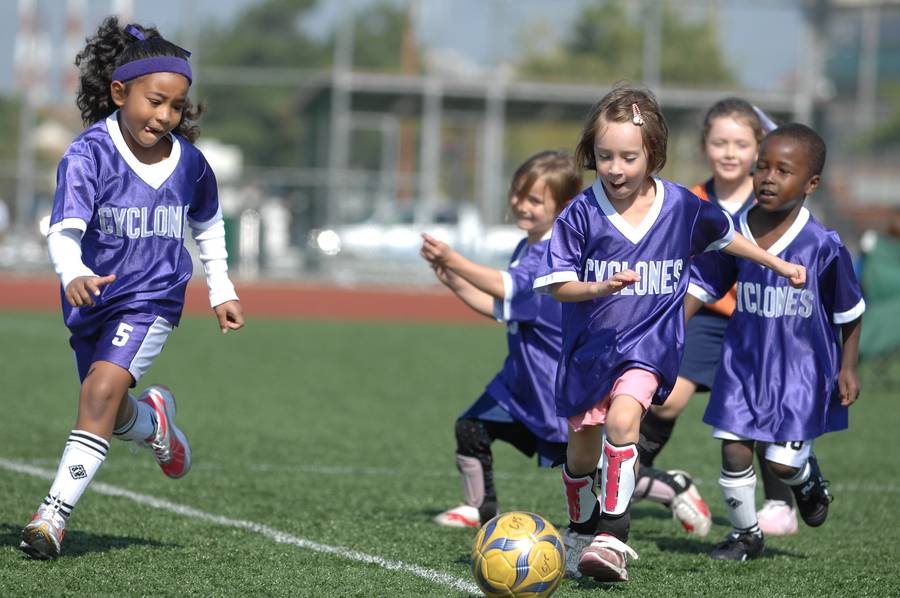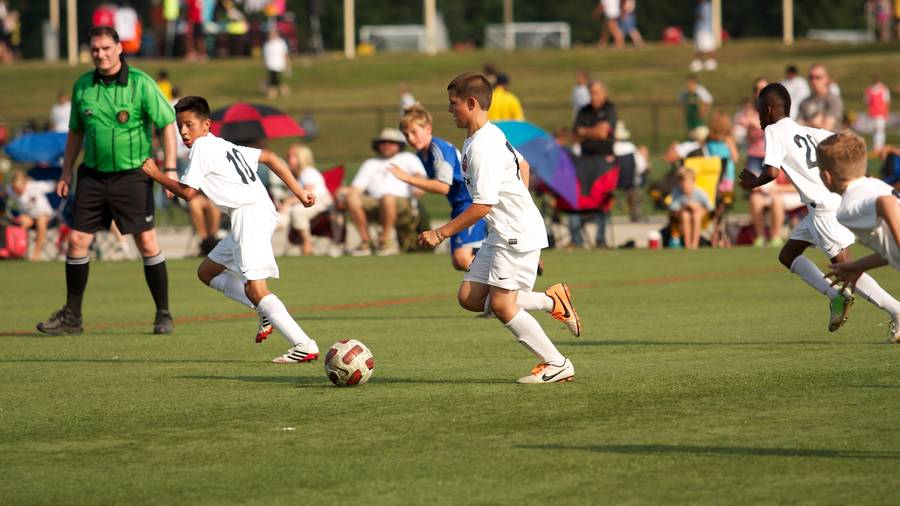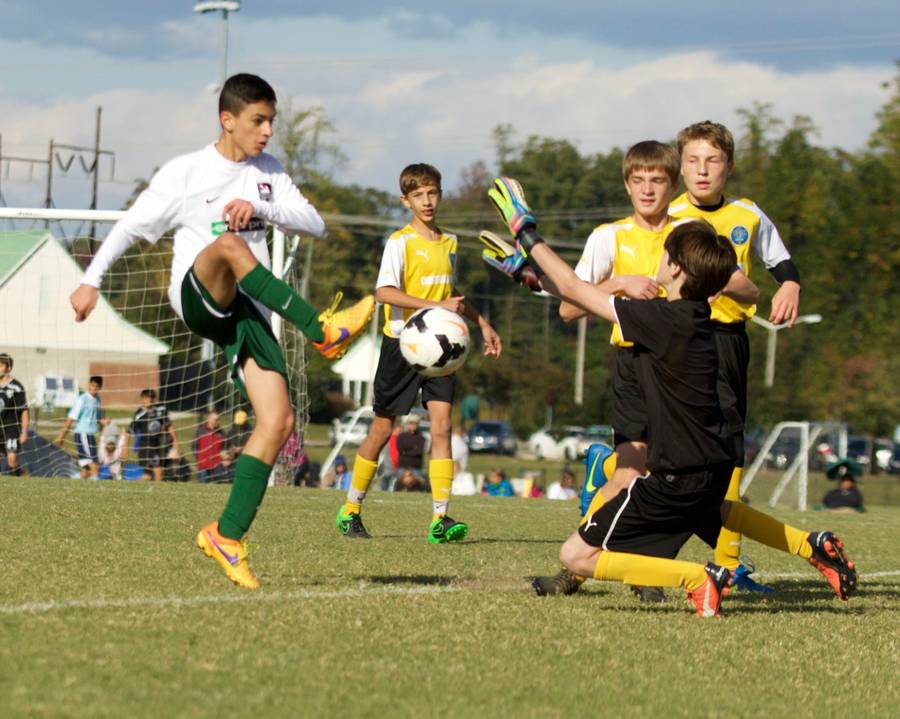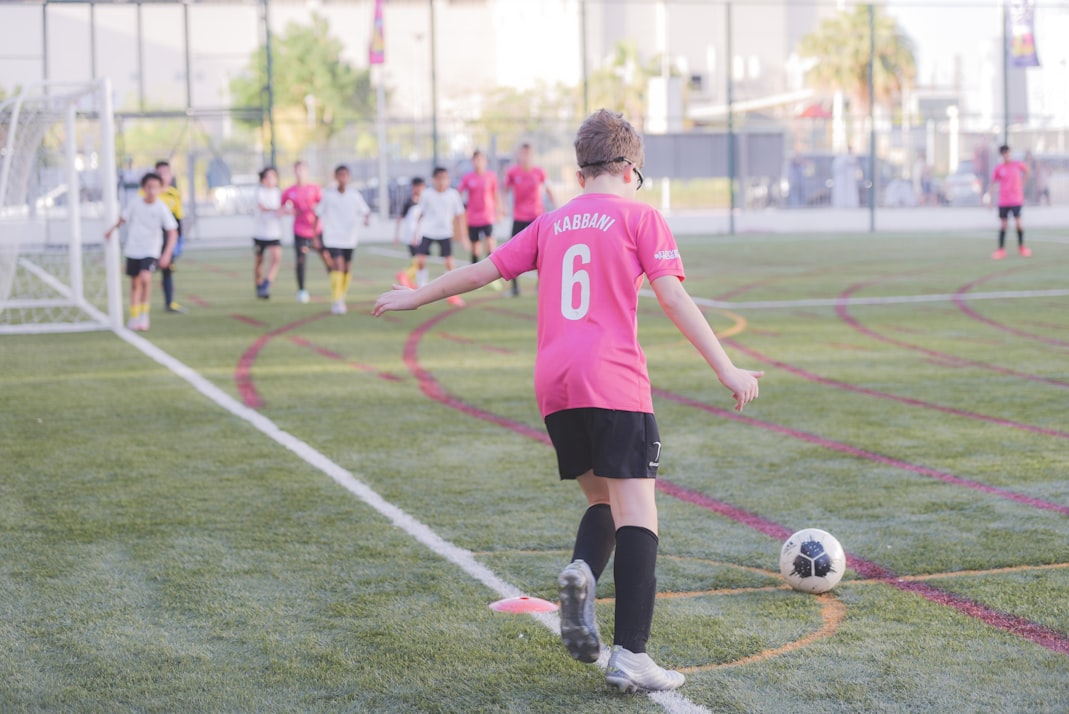
The desire to see your child do well is usually what motivates Junior Football parents to start pushing. No Mum or Dad enjoys seeing their child being on the fringes for too long or playing below his or her potential in the game. Watching your child give a half-hearted effort can be frustrating when you know they’re capable of so much more.
Whether it’s in matches or training, parents are often looking for ways of helping their kids to try harder.
There is no quick fix for motivation, but the first step is to recognise that a lack of motivation is probably related to a lack of interest, confidence and encouragement and that they’re not enjoying their football. Once you wake up to the fact that their lack of trying is likely related to something deeper, you can begin to get to the root of the problem and start supporting your child in positive ways.
It’s important to recognise that not all ‘pushing’ is bad, in fact positive pushing can be very beneficial to your child. However, the difference between positive pushing and the negative pushing that parents often resort to in frustration is enormous. Negative pushing often uses comparisons, shaming, and bullying which further fuel the negative cycle.
Positive or constructive pushing looks very different. Often it can begin with questioning to spark a constructive dialogue. Asking the right question after training or games can help. For instance, you might want to begin by asking, “How did training go?” or “How did you feel about your game today?”
You might want to ask them to describe what went well and what they felt they learnt from and might do differently in the future. Can they link their actions or aspects of play to their favourite player or team? Can they describe all the attributes needed to excel in the position they played in and can they think of examples where they exhibited these?
You can offer up opportunities for your child to work independently, outside of training. If they seem unenthusiastic, then don’t force it. You can suggest a different time when they are ready to work on improving.
It’s important for a parent to be physically present at as many games as they can. It subconsciously communicates your support and encourages the player’s motivation. Giving praise for hard work or for trying as hard as they can helps to communicate support whilst attaching importance to things that will aid your child’s improvement without getting hung up on their performance.
Whilst it’s essential not to get fixated on performances and results, it’s still important to let them enjoy their good games. When hard work delivers rewards this should be celebrated as it helps to lock in the motivation to continue improvement.
Junior football players shouldn’t be pushed along by the anxiety of their parents. This only serves to motivate them to perform to make you happy and teaches them how to appease you. It distracts them from finding personal motivation and concentrating on true growth as a player.
It’s crucial to allow your child make their own choices. If it’s a poor choice then it’s fine to let them face the natural consequences and this often hands out the most powerful lessons of all. If your child doesn’t get enough time on the pitch because they choose to be inattentive or disruptive in training, then it’s only right that they learn that lesson the hard way.
As your child develops and matures in their football you might want to extend the questions, for instance, “What is your goal in Football? What makes you want to try harder?”
It’s important to listen and respect their answers, even if you don’t like them. You might have grand designs on them becoming the next centre forward for Man Utd but if it’s not what they want to do with their lives, no amount of cajoling or shouting from the sidelines from you is going to get them there. If they want to just play for fun then let them, after all that’s what 99.9% of players end up doing anyway, even lots of those seemingly destined to be the next Man Utd centre forward at the different Junior age groups.
Allowing them to have their own goals and desires builds their confidence anyway which is one of the biggest factors in them improving their game.
Whatever you do, don’t blame either you or your child if there is a lack of motivation. Their football performance does not define them or you. Their success does not make you any better as a parent and their mistakes should not make you feel embarrassed.
Try see your child as their own person and understand what they really want and need, even if one day they turn round to you and say, “I don’t want to play football anymore.” Dealing with that can be challenging because often this can be said out of frustration or fear whilst not really meant.
Was your child once enthusiastic about football? What has changed in their outlook of the game? Could your behaviour have negatively influenced them?
The top 3 reasons why Junior Football players stop playing are:
- Unrealistic expectations from parents
- It’s not fun anymore
- The child’s own belief that they’re not good enough.
It’s not difficult to see that a poor approach from a parent can have a significant influence over those 3 factors and that actually, it’s possible to bracket all of the top reasons why Junior Football players stop under the heading of ‘influence of their parent’.
The best way to avoid the desire to stop playing is to be communicative. Football is a game that hands out many set-backs, disappointments and failures and it’s important to talk through these as they arise. The last thing your child needs is for you to rage and exaggerate them to make them seem worse than they actually are.
If your child tells you they don’t want to continue playing then talk it through. What has changed about his or her excitement for football? Is it something relatively superficial? e.g. do they not get on with their coach? Or teammates? Would a change of team help rekindle their enjoyment?
Once you have a general sense for the reason for wanting to quit, the next step is to engage your child on how best to manage his or her commitment to football. Can they suggest a solution? Can they tell you what would make their experience better?
It might be appropriate to talk to the team coach too. It’s important for parents and coaches to communicate and work together to resolve the issue. If the problem is harassment from other players, the coach can make a big difference in making sure this is stamped out. In fact there is a safeguarding duty to ensure that all players are able to participate free from harassment of any kind.
If the issue is skills-related, parents and coaches can work together to help improve his or her playing skills.
Participating in Junior Football can and should always be a very positive experience for junior players. It’s only natural that the enthusiasm and motivation of players will come and go over a period of time but equally, it’s important as a parent to be managing and supporting the outlook of your child to always be framing it around their enjoyment.

